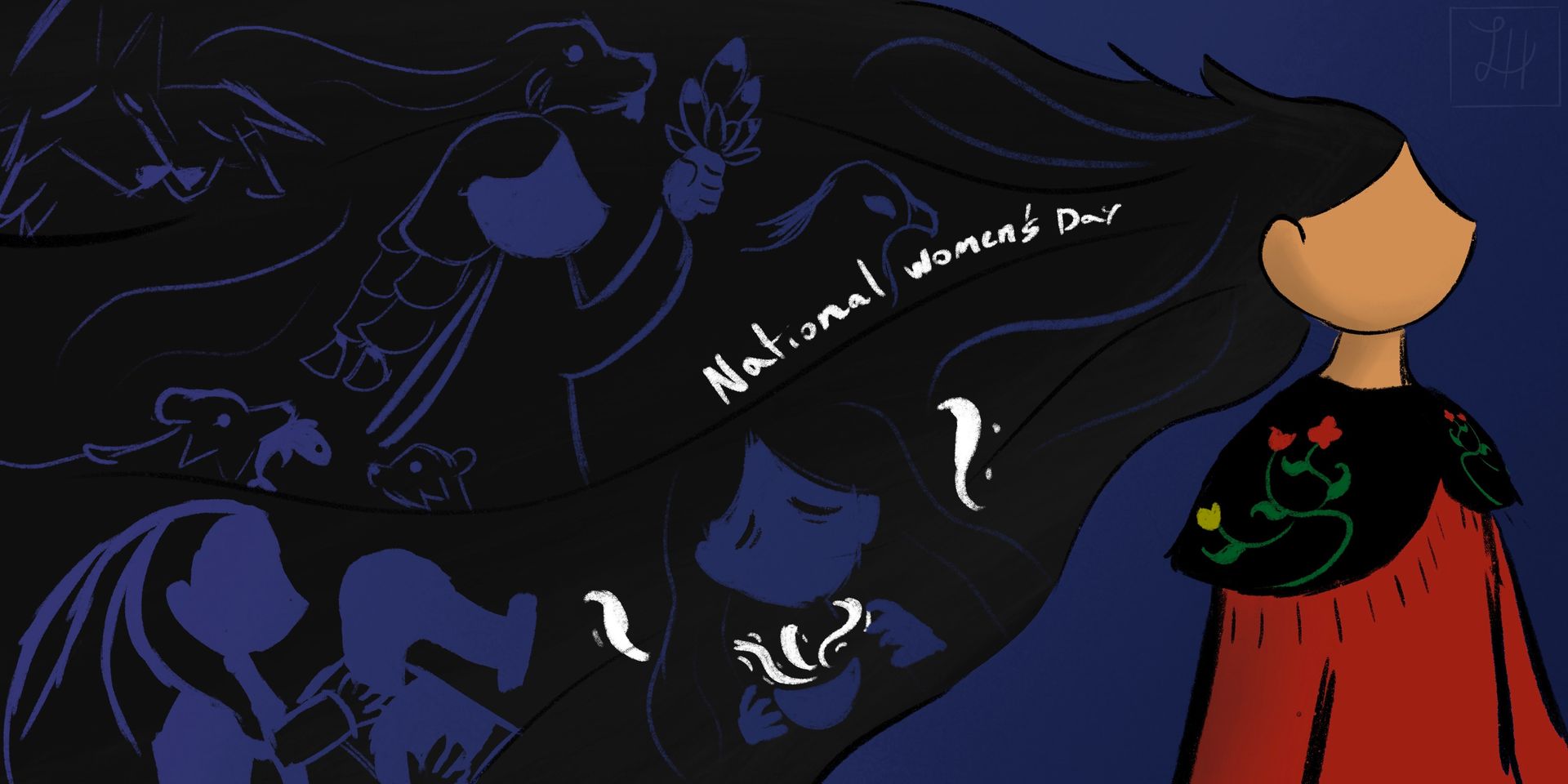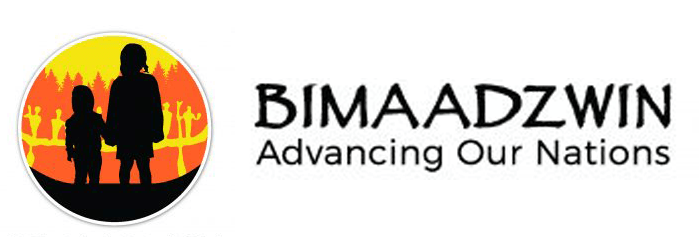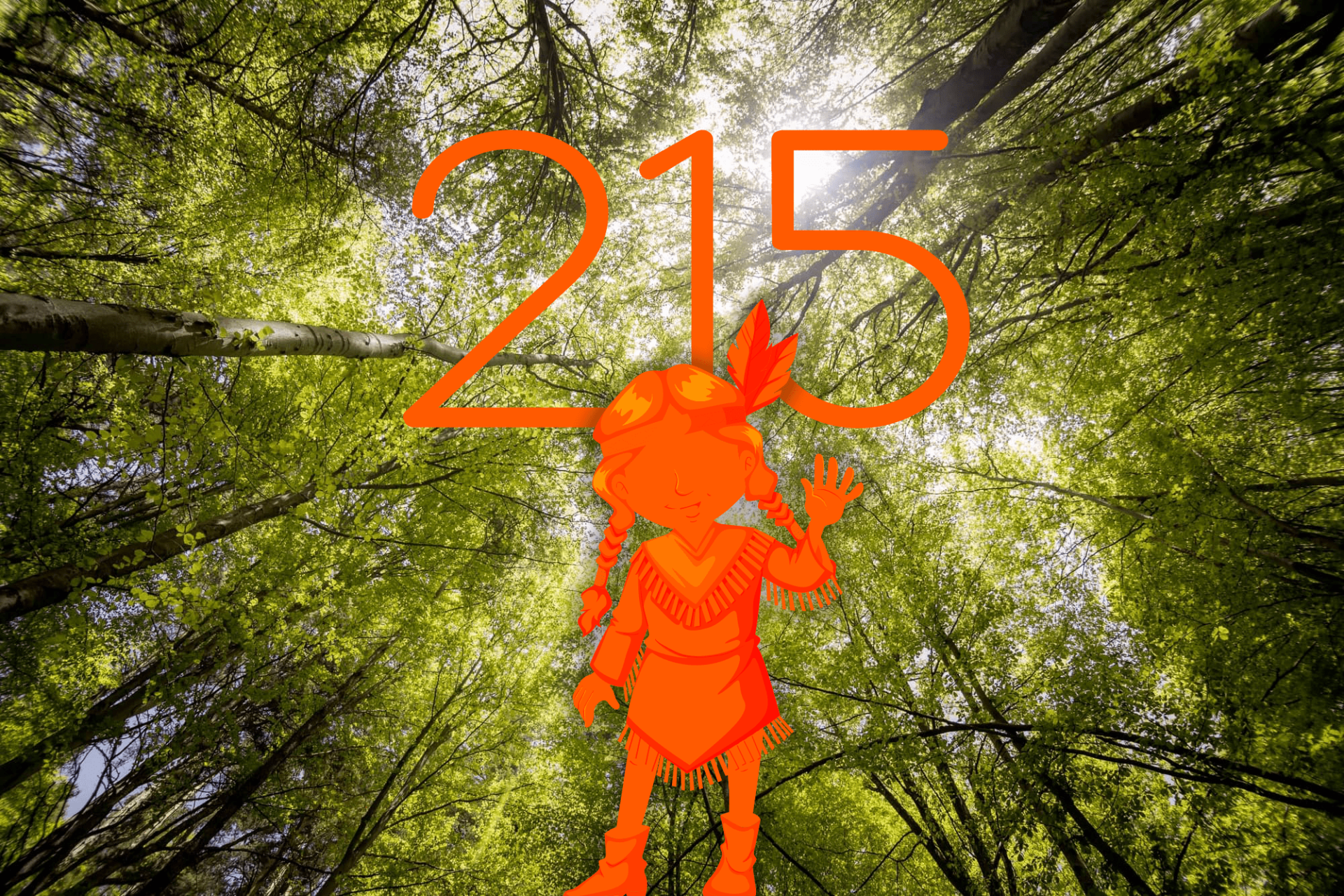By Bimaadzwin Team
•
March 4, 2025
Every year on March 8th, International Women’s Day (IWD) provides a time for reflection, celebration, and action. It is a day to recognize the achievements of women worldwide while also acknowledging the continued struggles for equality, justice, and empowerment. For Indigenous women and girls in Canada, this day holds particular significance, as it sheds light on their resilience, leadership, and the urgent need to address the challenges they face. Honouring Strength and Leadership Indigenous women have always been at the heart of their communities, serving as leaders, caregivers, knowledge keepers, and warriors for justice. Across Turtle Island, Indigenous women have upheld traditions, protected the land, and nurtured the spirits of future generations. Their strength is evident in their roles as Elders, educators, artists, and advocates who continue to push for positive change. Today, Indigenous women are leading movements for environmental protection, human rights, and cultural revitalization. Indigenous women are leaders who are key to reclaiming traditional governance systems, advancing language preservation, and strengthening Indigenous economies. Their voices and leadership are crucial to building a future that respects Indigenous knowledge and self-determination. Recognizing the Challenges While International Women’s Day is a time of celebration, it is also a day to acknowledge the systemic barriers Indigenous women continue to face. In Canada, Indigenous women and girls experience higher rates of violence, poverty, and discrimination compared to non-Indigenous women. The crisis of Missing and Murdered Indigenous Women and Girls (MMIWG) continues as an urgent issue, highlighting the ongoing impacts of colonialism and the need for meaningful action. The National Inquiry into MMIWG (2019) called for immediate responses to address the root causes of this violence, including systemic racism, gender-based violence, and economic marginalization. Yet, years later, many of these Calls for Justice remain unmet. On IWD, it is essential to amplify Indigenous women’s voices and demand concrete steps toward justice, safety, and healing. Celebrating Indigenous Women’s Contributions Despite all of these challenges, Indigenous women continue to inspire change. They are creating new opportunities for future generations. Their contributions to literature, film, politics, business, and activism are shaping a more just and inclusive society. International Women’s Day is an opportunity to support and uplift Indigenous women’s work. Whether it’s purchasing from Indigenous women-owned businesses, engaging with Indigenous-led initiatives, or educating oneself on Indigenous histories and perspectives , every action contributes to reconciliation and empowerment. Moving Forward with Respect and Action As we celebrate International Women’s Day , let us recognize the unique experiences and contributions of Indigenous women and girls. Their resilience and leadership are essential to creating a more just world—one where Indigenous women are safe, respected, and valued. To truly honour this day, we must commit to listening, learning, and acting in support of Indigenous women. That means advocating for policies that protect Indigenous women’s rights, addressing gender-based violence, and ensuring Indigenous women have the space and resources to thrive . This March 8th let us together not just celebrate women—let’s stand with Indigenous women, acknowledge their voices, and work toward a future of equality, respect, and justice for all.


